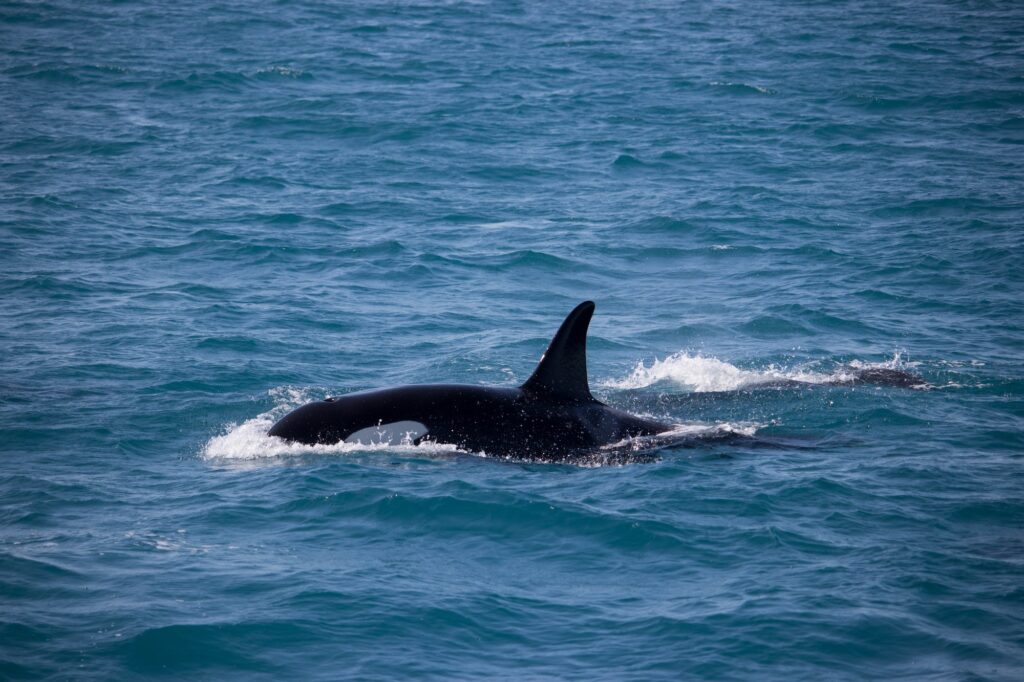
Killer whales are in the news for sinking boats off the coast of Spain.
The reason is a mystery, but one theory is that teenage bad behaviour is to blame, according to UBC researchers Dr. Andrew Trites, Taryn Scarff and Josh McInnes.
What’s happening?
Orcas from two families have been bumping boats with their bodies and pulling rudders off. Since May 2020, three boats have sunk. The orcas are generally juveniles, with two adult females.
Why is this happening?
Researchers don’t know. One theory is that the killer whales are roughhousing with the vessels for the tactile sensations involved, rubbing or bumping against the boats to push, turn or stop the craft. This may have become an orca trend, says Scarff, and their comparative size means their rough play could seem like aggression.
“It’s not uncommon to hear of killer whales swimming very close to boats to put their ‘noses’ almost into the propellers, as though into a jet stream that’s blasting bubbles on them, like a jacuzzi,” says Dr. Trites.
Should we be worried?
There are no documented instances of killer whales attacking humans in the wild, says Scarff, but play-like behaviours have been observed. And, different orca populations don’t tend to mingle, so it’s unlikely the behaviour will spread.
However, the behaviour is getting out of hand, with both humans and killer whales at risk of injury or worse. More work is needed to understand why this is happening, and what can be done to stop it.
Tags: Andrew Trites, Europe, faculty, IOF students, killer whales, Marine Mammal Research Unit, orca, whales